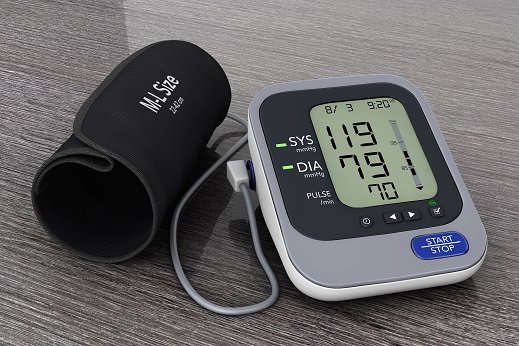Several thousands of community pharmacies dispense billions of prescriptions yearly. Many patients interact with community pharmacists when its time to refill their prescriptions. Patients have more trips to retail/communities than seeing their doctors and other primary healthcare providers. Retail pharmacies like the pharmacy services in New Jersey play an essential role in verifying the accuracy of prescriptions and ensuring that patients comprehend how to take the medications correctly. Here are the distinct features of community pharmacies:
- Restricted access to the electronic medical records of patients
- The majority of retail or community pharmacists lack access to our diagnoses, laboratory values, and prescription history via electronic medical records. However, they are responsible for evaluating the correctness of medication or prescription refill before dispensing them to patients.
- Limited capacity to regulate the rate of work
- Different from doctor offices, patients don’t schedule appointments to have refills of prescriptions. It’s possible for us to call or go directly to the pharmacy anytime and make our new medicine purchases or have our prescriptions refilled. Several pharmacies also have a drive-through window for the drop-off and pick-up of prescriptions. Patients expect that they don’t need to wait long to have their prescription refills or when purchasing a DME (durable medical equipment). Due to this, pharmacists can’t predict the number of customers and how complex their work is.
- Issues with payment with the third party
- Pharmacists spend much time solving third-party payment issues. Third-party insurers pay over 93% of the total prescriptions. All of these prescription drugs are adjudicated in real-time online before they are dispensed. In the process, pharmacists need to engage the third-party insurers’ guidelines about the required formulary selections and protocols before authorization.
- The majority of retail pharmacies are for-profit institutions
- Excluding community/retail pharmacies with links to integrated health care settings, most of the retail/community pharmacies are for-profit institutions. Due to the strong competition in the marketplace, especially in publicly traded firms, there’s a strong emphasis on enhancing market share and profitability.
At EssexCare Pharmacy, you can avail yourself of top-quality services and quality medications for over-the-counter and prescription drugs. Feel free to contact us about our retail pharmacy in Lodi, New Jersey.











Leave a Reply